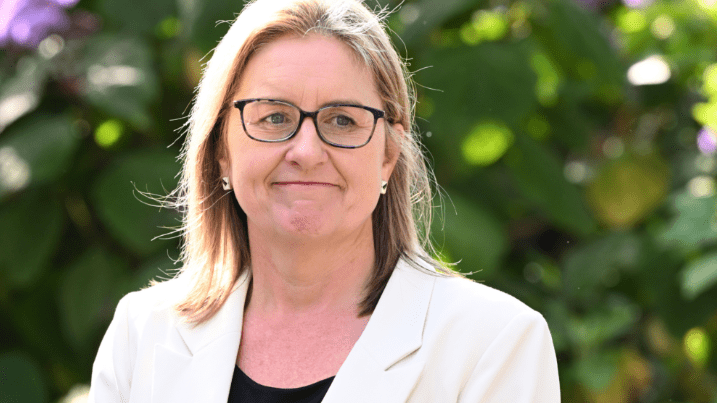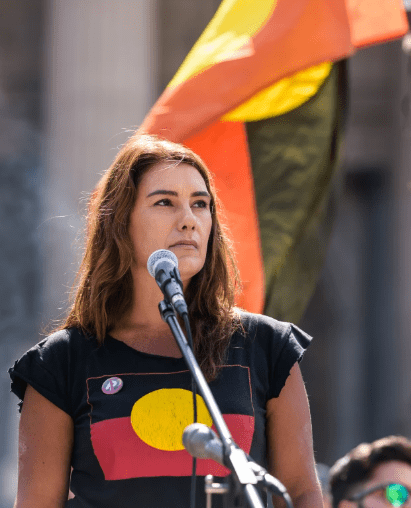The Victorian government has reversed its commitment to raise the age of criminal responsibility to 14 by 2027, a decision that has sparked sharp criticism from advocates and political leaders.
Premier Jacinta Allan announced on Tuesday that the state will instead raise the minimum age of criminal responsibility to 12, aligning with recent changes in the Northern Territory and the Australian Capital Territory, but stopping short of the earlier promise.
“The legislation before the government will raise the age of criminal responsibility to 12, and that is where it will stay,” Allan said.
“This decision has been made at a different time, by a different government, and by a different premier,” she added, framing the move as a prioritisation of the child’s well-being within the broader context of youth justice reform.

As part of the new Youth Justice Bill 2024, the government plans to toughen the bail conditions for youth offenders, requiring decision-makers to consider both the risk to public safety and the potential for further serious offending when granting bail.
This shift has provoked backlash, particularly from Independent Senator Lidia Thorpe, who has called the move a “weak backdown” and a response to “media and Coalition fear-mongering.”
Thorpe, a Gunnai, Gunditjmara, and Djab Wurrung woman and prominent advocate for Indigenous rights, condemned the Victorian government’s decision, arguing that it betrays the evidence on effective youth justice practices.
“Prison simply doesn’t work to rehabilitate, deter, or protect communities in the long run,” she said, pointing to research that shows incarceration often exacerbates underlying issues and increases the likelihood of reoffending.
Highlighting recent cases of abuse in youth detention centres across Australia, Thorpe stressed the need for a stronger federal framework to address what she described as a “national crisis.”
She cited instances of child abuse in Queensland watchhouses, Tasmania’s Ashley detention facility, and the controversial Unit 18 in Western Australia as evidence of systemic failures in youth justice across the country.

“Governments spent $855 million on youth detention in 2022-2023: nearly $3,000 per day on each child that is incarcerated,” Thorpe noted, arguing that this investment in punitive measures fails to address the root causes of youth offending. She called on the federal government to lead a national approach to justice reform, similar to its leadership in other areas such as the environment and disability.
Thorpe’s call to action extends to Prime Minister Anthony Albanese, Attorney-General Mark Dreyfus, and Indigenous Australians Minister Linda Burney.
She urged them to work with First Nations leaders, health experts, and community sectors to develop robust federal frameworks that hold states accountable and prioritise the care, wellbeing, and rehabilitation of young offenders.
“The evidence-based solutions that have been proven to break the cycle of incarceration remain desperately under-resourced,” Thorpe emphasised, warning that the current approach risks entrenching disadvantage and perpetuating cycles of abuse.
“These three Labor politicians have a responsibility to stop this child abuse,” she declared, urging immediate and decisive federal intervention.
Thorpe’s criticism reflects a broader concern among advocates that the Victorian government’s reversal on raising the age of criminal responsibility marks a retreat from meaningful reform, and a capitulation to political pressures rather than a commitment to the welfare of vulnerable children.

